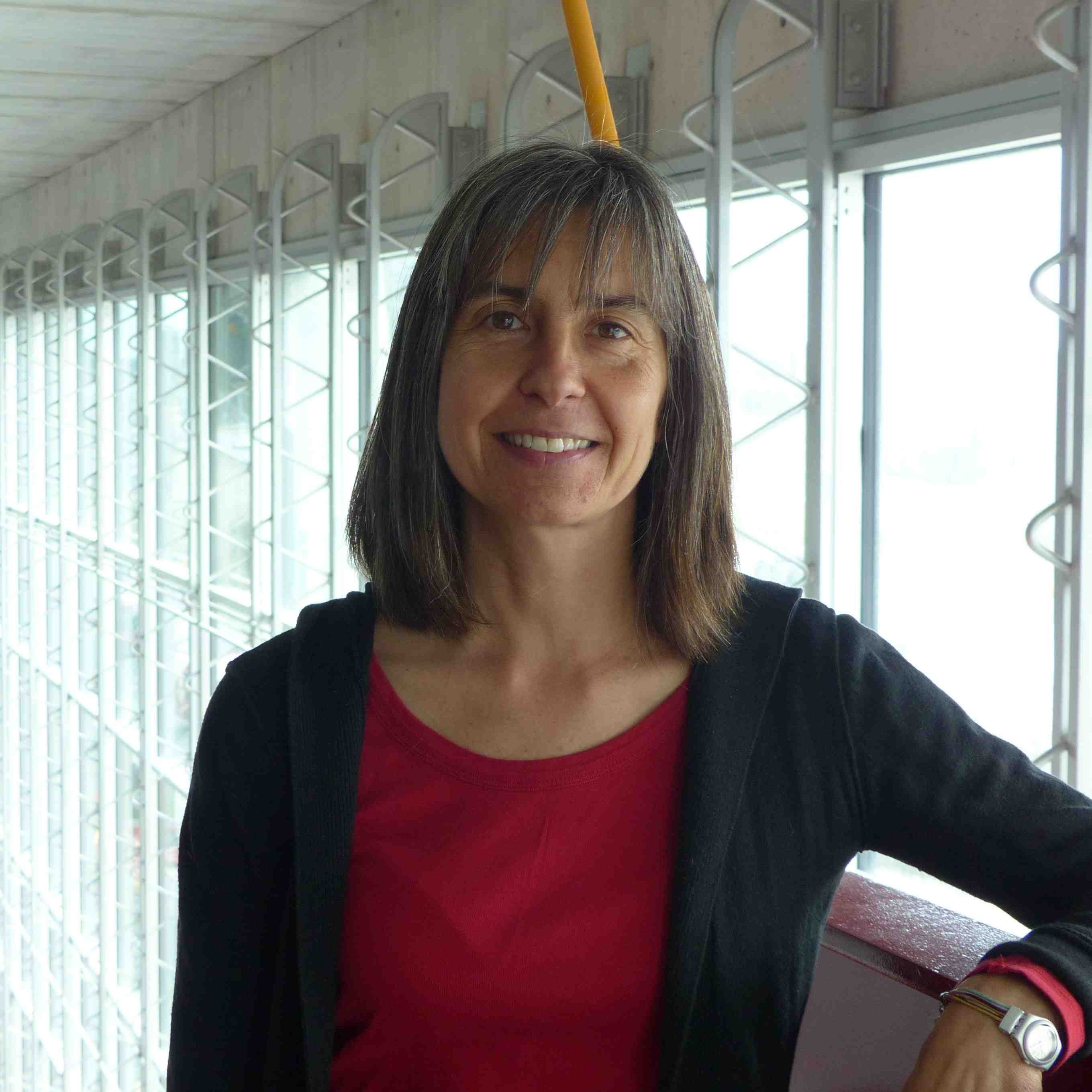Paola Flocchini
School of Electrical Engineering and Computer Science, University of Ottawa, Canada

Distributed Computing by Mobile Robots: Expanding the Horizon
Extensive research focus within distributed computing has been spent on the computational and complexity issues arising in systems of mobile computational entities (called robots) operating in a Euclidean space in Look-Compute-Move cycles. In the classical OBLOT model, the robots are homogeneous, identical, silent. Moreover, they are oblivious, that is, whenever activated, they forget everything they have seen and done in previous cycles. Over the years, various sub-models have been studied based on different assumptions on the robots’ capabilities, the modality of their activation schedule, and other specific features of their behavior. Investigating the computational relationships among different models and understanding how individual characteristics influence the overall computational power of the system are crucial areas of research in this field. In this talk, I will discuss some of the recent results in this direction, which have been shedding lights on the overall computational landscape. At the same time, the landscape has been broadened by examining aspects typically explored in other areas of distributed computing that have not yet been investigated in these systems. One such aspect is the concept of robots possessing identifiers (which need not be identical), diverging from the usual assumption of homogeneity. In this talk, I will also discuss some recent explorations in this area.
About the speaker
Paola Flocchini is Full Professor at the School of Electrical Engineering and Computer Science, University of Ottawa, Canada. Her main research areas are theoretical computer science and distributed computing with special focus on mobility (“moving and computing”) and on dynamic networks. She is interested in fundamental computational and algorithmic issues that arise among autonomous mobile computational entities, in the design of algorithmic solutions in the context of dynamic networks, and in sense of direction and other structural information. In these areas, she has published more than 200 scientific papers. In 2019, she was awarded the Prize for Innovation in Distributed Computing for her work on sense of direction and computing by asynchronous mobile robots.